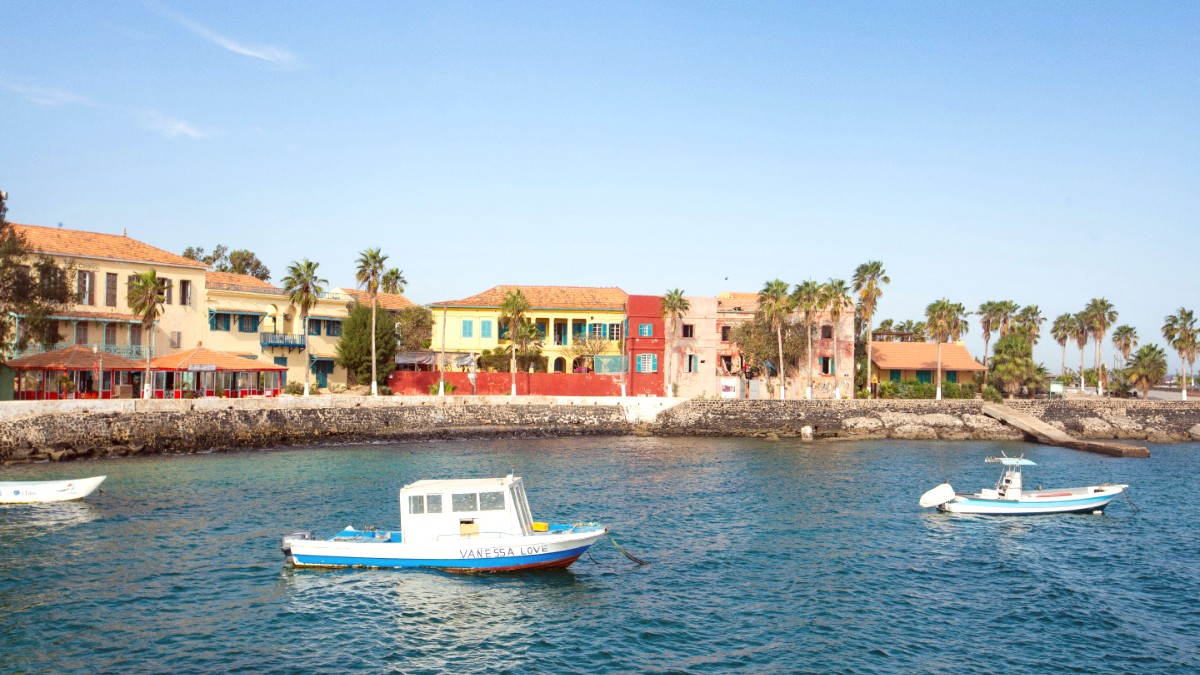
Senegal
Visit national parks and reserves like Bandia Reserve, Îles des Madeleines, and Saloum Delta National Park. Your entry fees contribute to biodiversity.
Dakar's waste management infrastructure develops, but litter, especially plastic, is a visible issue. Minimize your waste production.
Senegal faces water scarcity challenges. Even in Dakar, conscious water use is valuable for the environment.
These actions contribute to local resource preservation.
Waste reduction makes a positive impact on the environment.
Consider offsetting your flight's carbon emissions through reputable organizations that invest in environmental projects. Terrapass is one option.
Learn MoreSeek out hotels and tour companies that demonstrate a commitment to sustainable practices. Explore options on Ecobnb.
Find Eco StaysYour choices contribute to the preservation of Senegal's unique coastal environment.
Your interactions should reflect an appreciation for Senegalese traditions and values.
Support local artisans and cultural institutions that seek to preserve traditional Senegalese arts, music, dance, and heritage.
Politeness opens doors to warmer interactions. Always greet people upon entering a shop or starting a conversation.
Be mindful of privacy and local customs when taking photos.
Senegal is a Muslim-majority country. Observe proper etiquette when visiting religious sites.
Respectful engagement with Senegal's rich culture deepens your travel experience.
Your travel decisions have a direct economic impact on local communities.
Choose tour operators or experiences that directly benefit local communities.
Be aware of begging, notably involving children. It is generally advised not to give money directly to child beggars.
Your choices keep money within the Senegalese economy, supporting local jobs and entrepreneurs.
Eat at local restaurants ("dibiteries," small family-run eateries) and cafes.
Use local transportation (Dakar Dem Dikk buses, local taxis, or ride-sharing apps).
Stay in locally owned guesthouses or hotels where possible.